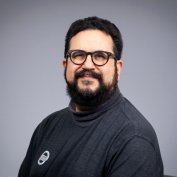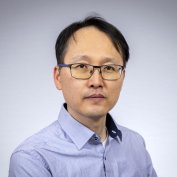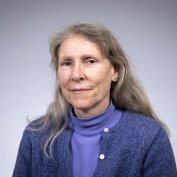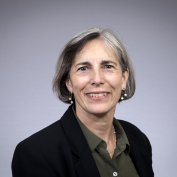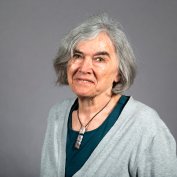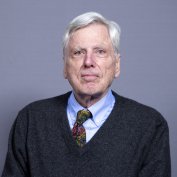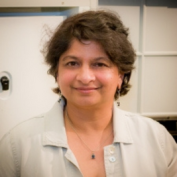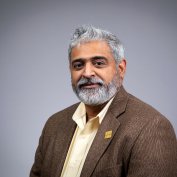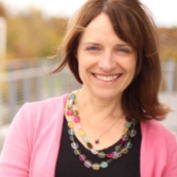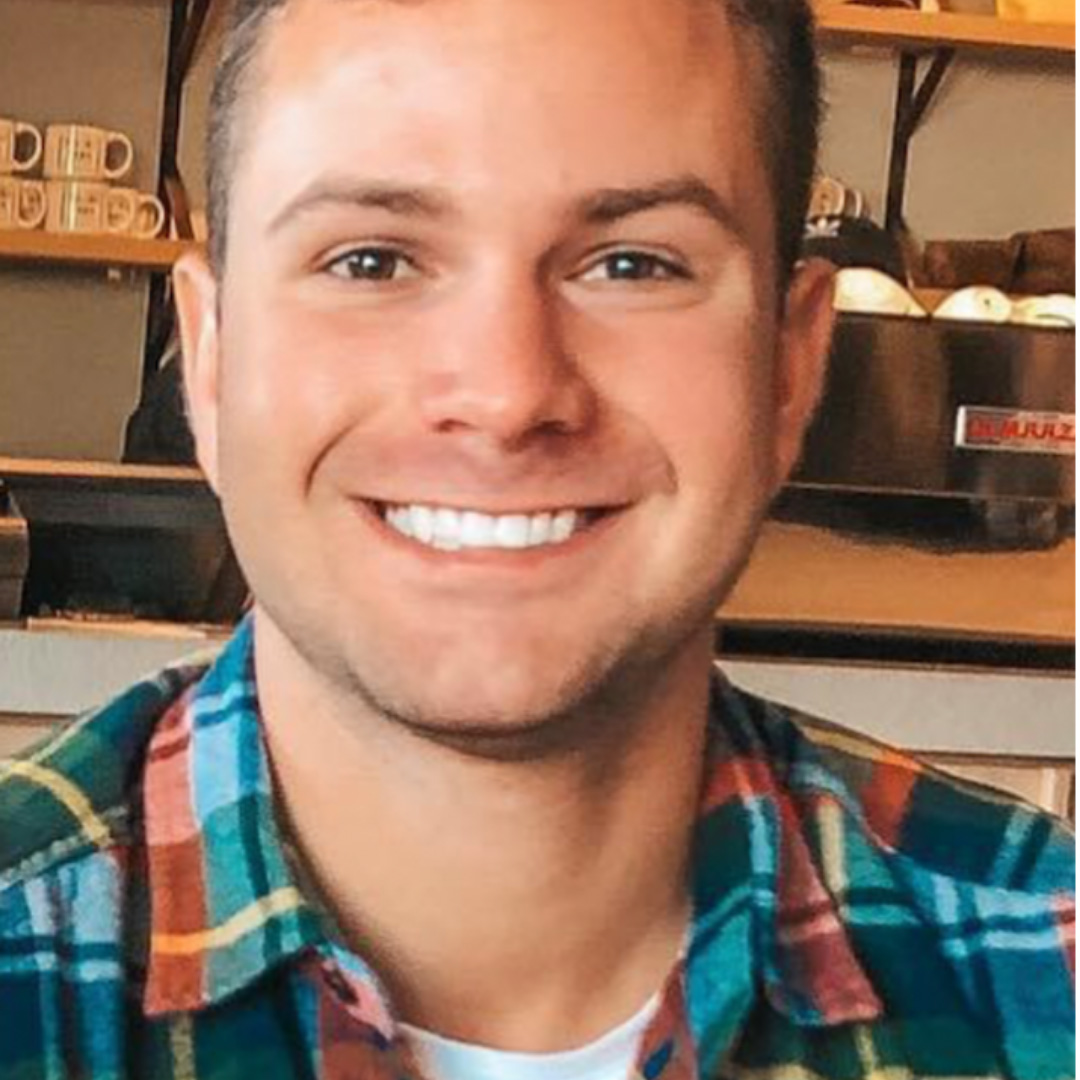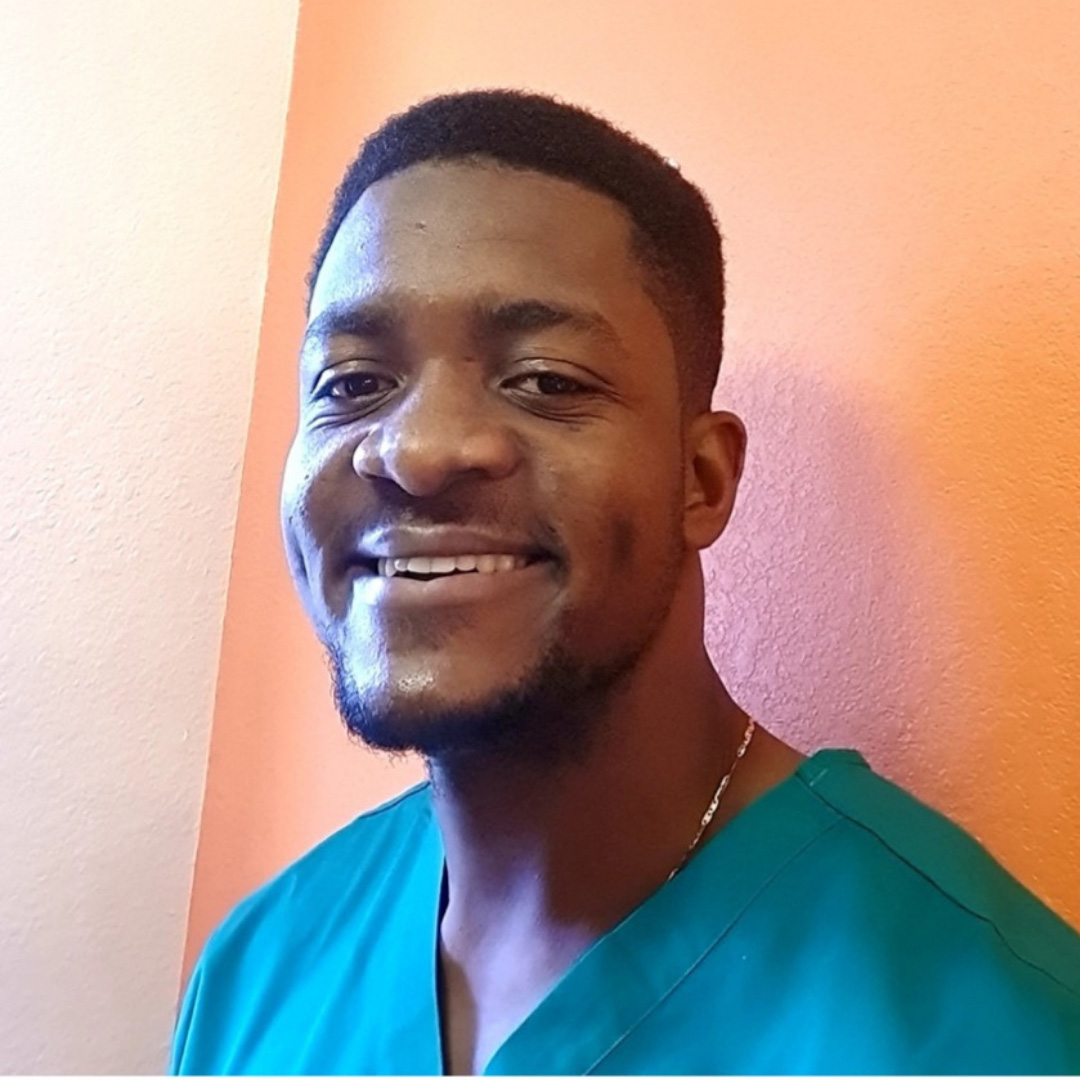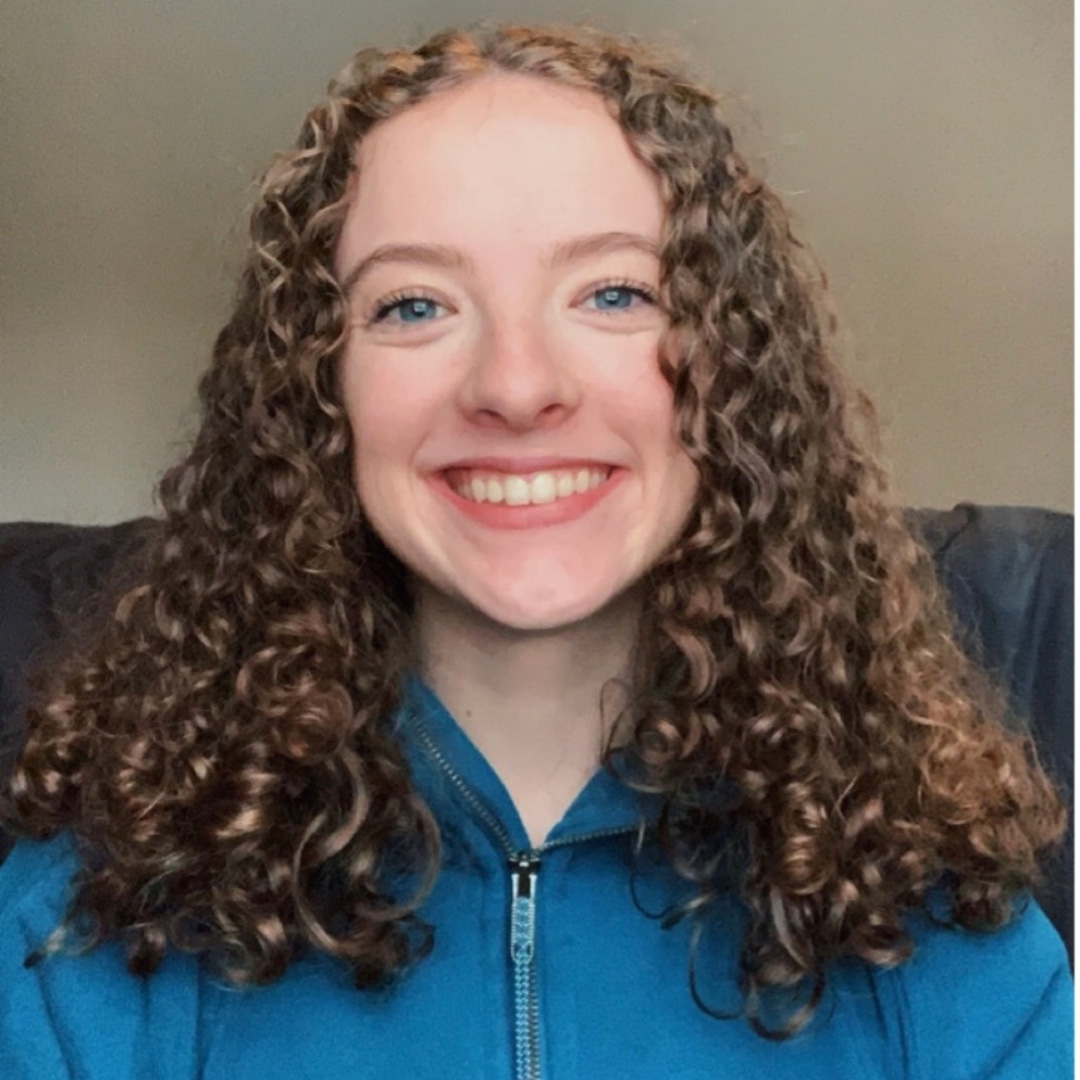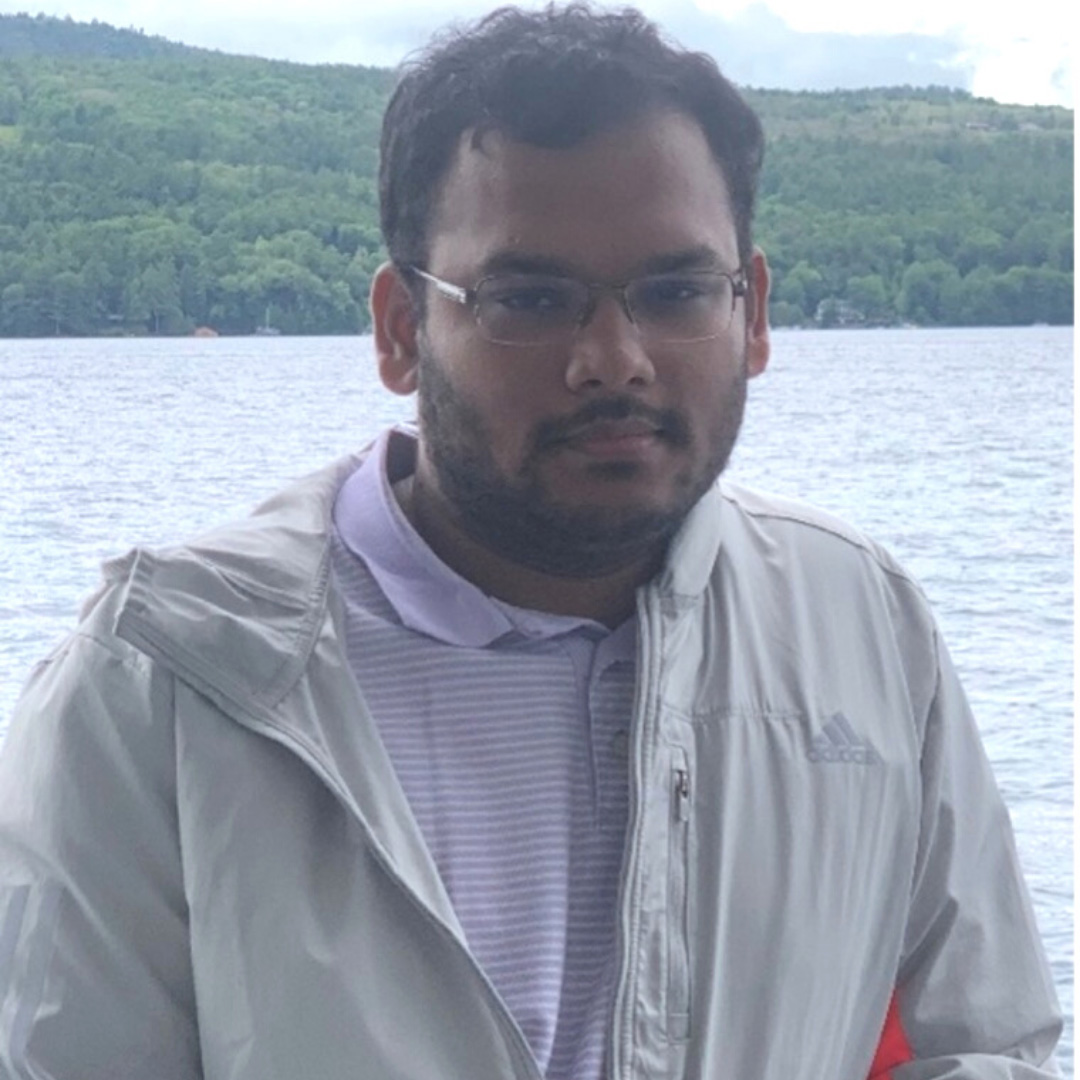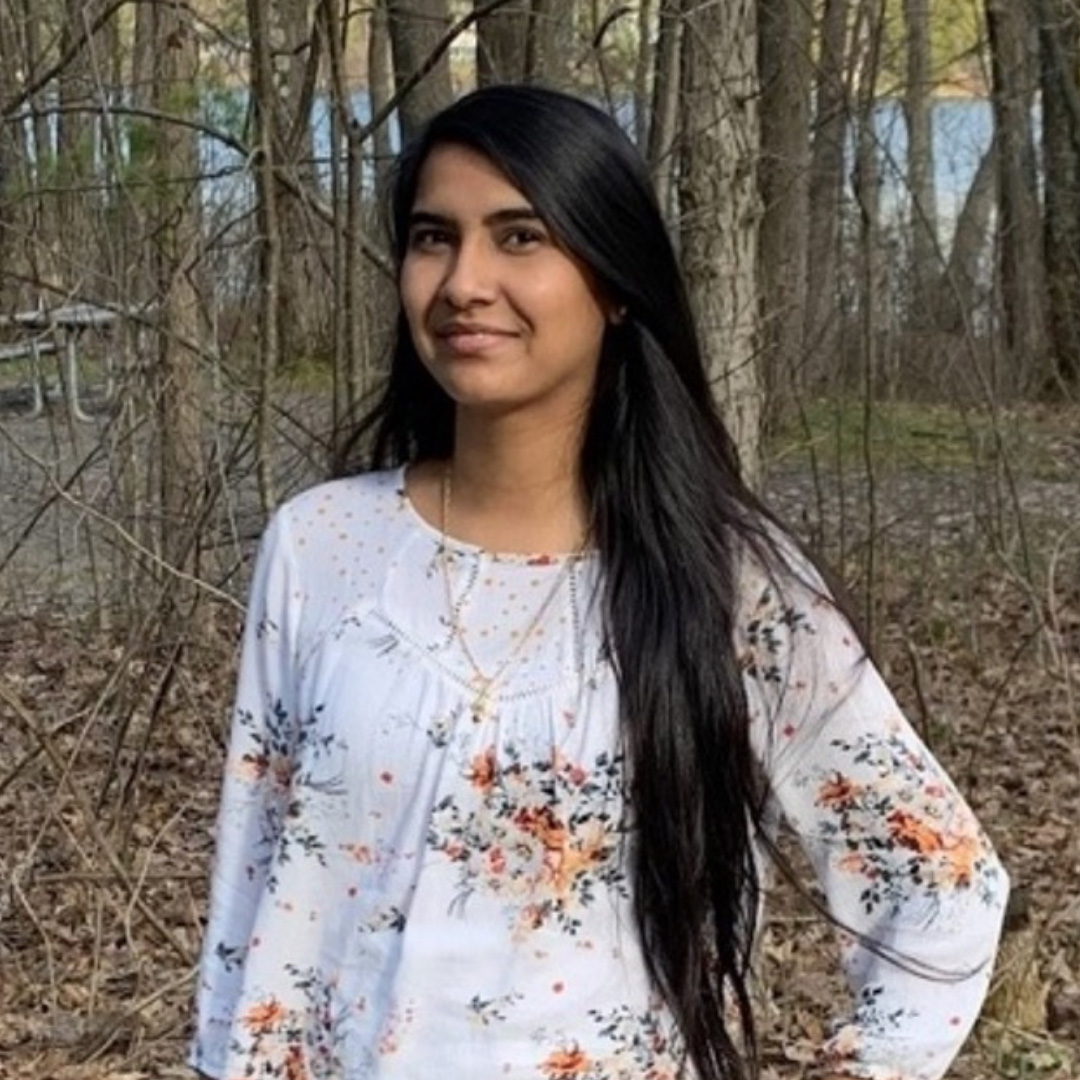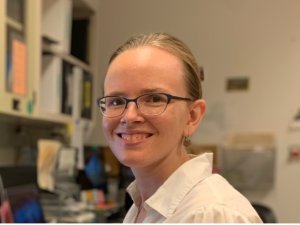Graduation Year:
2018
Email:
Cooper.lauren2@gmail.com
Current Bio:
Scientific Affairs Clinical Project Lead at BD Biosciences
Degree and research experience prior to enrollment in the BMS program:
Bachelor of Sciences in Biomedical Sciences from Grand Valley State University, Master of Public Health from University of Michigan.
BMS program, mentor, and thesis topic:
Mentor at BMS: Dr. Joseph Wade Research
Topics: My work involved using mutation of bacterial strains to identify mechanisms for pathogenesis. I did extensive research with the E. coli system to study the mechanisms of CRISPR-Cas immunity, including the Cascade protein complex and its role in primed adaption.
Preparation from BMS for current role:
After my PhD program I went into a Clinical and Public Health Microbiology Fellowship through the American Society for Microbiology (ASM), called CPEP. This fellowship was designed to train PhD level microbiologists to become clinical microbiology lab directors and provide eligibility for those individuals to sit for their medical board (ABMM) exam. The fellowship process is a competitive one but there are several things that the BMS program provided that made me a viable candidate. First, the Wadsworth Center is celebrated for their innovation in diagnostic assay development, their state-of-the-art public health laboratory resources, and their renowned lab directors. Having the ability to do laboratory rotations in the public health diagnostic labs and the ability to learn and utilize those unique resources (such as whole genome sequencing) gave me hand-on experience that set me apart from many other candidates. In addition, having world-celebrated scientists as professors, mentors, and friends, provided me not only with great networking capabilities, but they also served as great sounding boards to discuss my career development strategy. Lastly, the geographical proximity of these diagnostic laboratories, as well as Albany Medical Hospital, allowed me to job shadow lab directors, attend clinical laboratory rounds, and attend meetings and conferences centered on diagnostic microbiology.
As mentioned previously, the Wadsworth Center has many unique and powerful resources and technologies available that, when learned, can really set you apart from other scientists. However, it is one thing to have the resources and another to be able to apply them in a meaningful manner. Joe and I had many discussions regarding my career trajectory, and generally, the trajectory of diagnostic medicine. From these discussions he made it a point to incorporate and expose me to as many technologies as possible to gain skillsets that many diagnostic laboratorians did not yet have but would likely be needed in the future. This, in itself, was an invaluable resource.
After my fellowship and serving as a clinical lab director for two different laboratories, I was shown how my skillsets could be utilized to make a larger impact on clinical diagnostics by joining “industry”. Currently, I am working in Scientific Affairs for a large medical technology company where I am part of a team that performs, analyzes data, and prepares reports from clinical trials for regulatory bodies (i.e., the FDA), partners with doctors and clinical laboratorians to generate real-world evidence of diagnostic technologies in the form of studies, educates clinicians on diagnostic stewardship, and I also serve a role in influencing business decisions for my company, including innovation initiatives, which drives the advancement of diagnostic assays around the world.















































